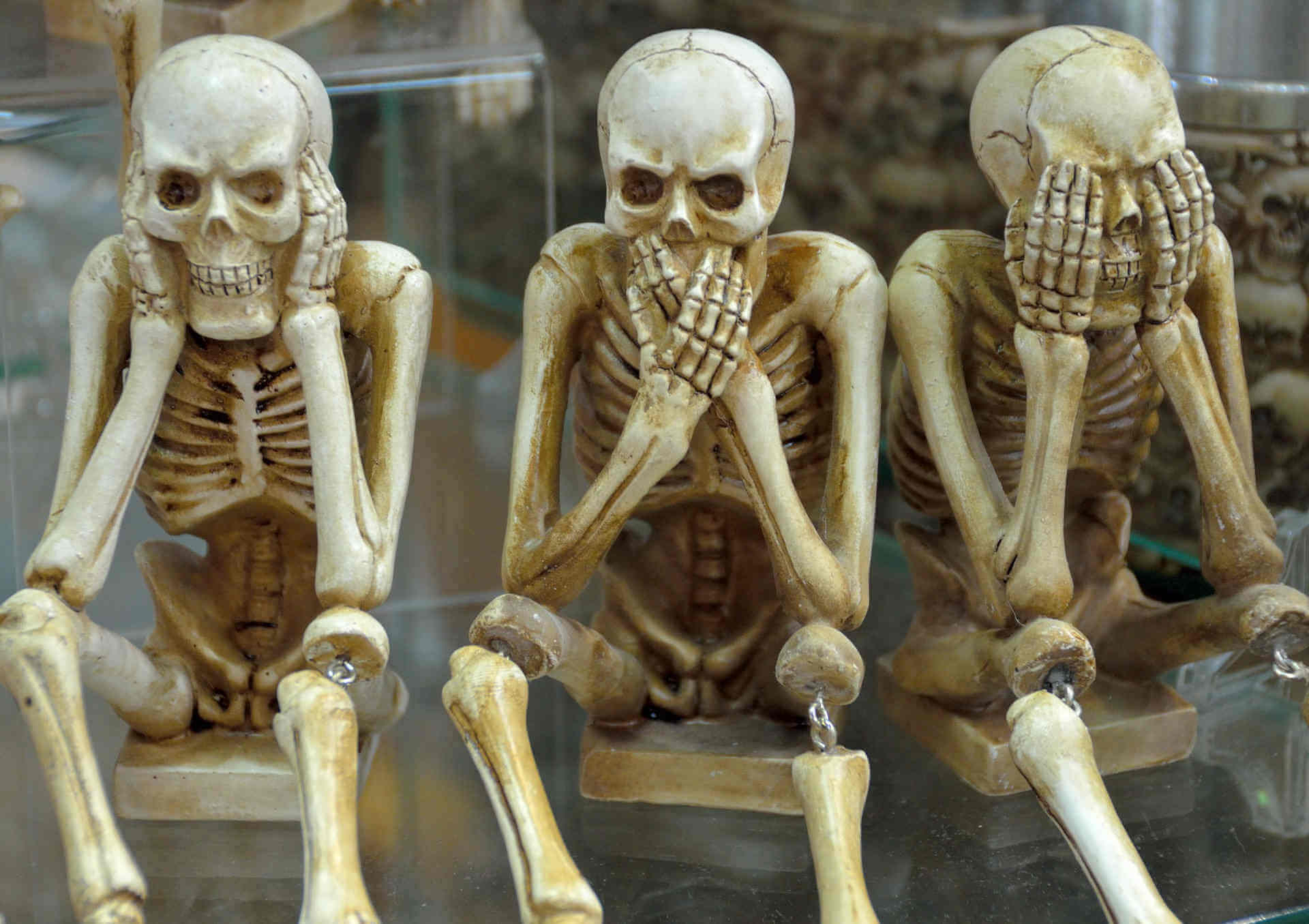
“Boom, Boom,” by John Lee Hooker. The song all but says, “AND f*ck you.”
When considering insprations for a Book of Blues, the first place most people start is at the music. Smart choice. The living legends Taj Mahal, Buddy Guy and the iconic B.B. King. The forefathers Son House, Blind Willie Johnson, and company. The Delta Blues boys Muddy, John Lee, and the Wolf and up through to today’s heroes Keb Mo and the rootsy Robert Randolph. The passion, the stories, the lives can be heard within their music.
Good, bad, and otherwise.
But if you want to get behind the stories, you have to study the history: Sharecropping, civil rights, socioeconomic plights that sent most bluesmen north and the pain they discovered when the jobs were all gone. If you need a living reminder of the pains of some of their plights, take a walk down Gary, Indiana.
Then when you’re done you have to avoid the pitfalls authors and biographers fall into when their writing their epic music anthologies: heroworshipping.
The more anthologies I read, the more I wanted to bitchslap the authors who tounge-in-cheeked their heroes transgressions and tried to pass off their heroes discrepancies with a lasse-faire, everything-is-beautiful, sex-drugs-and-rock-n-roll, look-at-the-art-they-created-as-a-result appreciation.
It’s is as if these Blues Gods succeeded where the flower power Rock Gods failed.
These neo-beatnik blues authors wrote as if Blues Gods did no wrong, even when they were doing wrong.
And the f*cked up part is that all the Blues Gods ever wanted was the all-American life: success, money, cars, security, fame – the antithesis of the 1960’s counterculture.
I love the Blues because the bluesmen where men. Right, wrong, or otherwise, bluesmen were human. I started listening to them at a time when I was sequestered within a Pleasant Valley Sunday fishbowl at Denominational University. The Bluesmen were the ones that made me realized that whatever I did with my life, I had to do it without a net.
I learned the power of honesty from Bluesmen. When Muddy Waters’ sharecropping efforts were getting f*cked over by plantation owners, he talked about it with a sense of power. He let his scars be seen. And when Muddy was fathering children with other women other than his main girl Geneva, he was honest. Even when he tried to deny it, in the end he was honest. And he survived and advanced. And when he sang about it, he remembered how he felt in those moments. As he once famously said:
“I gots a good memory.”
Bluesmen took chances, made choices, lived with the consequences, and kept on keepin’ on. It was this ‘power’ most beatnik authors heroworshipped from their suburbia palisades with their weed-infused Cheshire grins, smiles, and Volkswagons. Bluesmen should be heralded for their plighted, scorned for their indiscretions, and immortalized for the way they changed our landscapes. But in the men, they should be treated as equals.
I’m broad-brush painting. And Maybe I’m tring to ignore my neo-beatnik upbringing. Maybe I’m trying to work through the imperfections of my upbringings, but in the end it was when you treat Blues Gods as equals that only then do you begin to relate.
The Blues Gods would have wanted it no other way.




Leave a Reply
You must be logged in to post a comment.